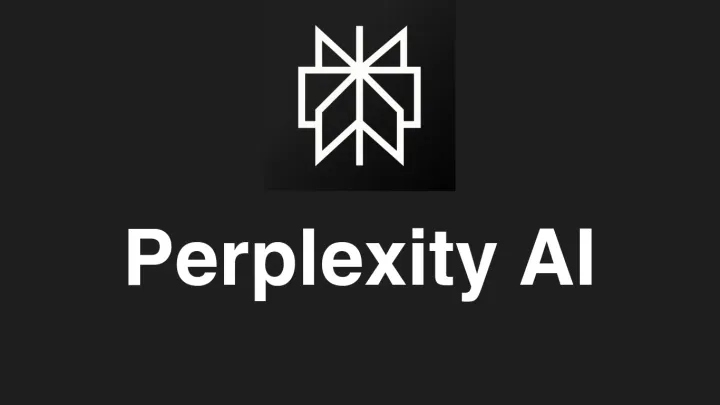India Tightens Regulations on AI Tools, Requires Approval Before Release
In addition to seeking approval for AI tool releases, the advisory also calls on platforms to ensure that their AI tools do not pose a threat to the integrity of electoral processes.

India's Ministry of Information Technology has issued an advisory requiring tech firms to obtain approval before releasing artificial intelligence (AI) tools deemed "unreliable" or still under trial. The advisory also mandates that such tools be clearly labeled to indicate their potential for returning incorrect answers to user queries, according to a news report by Reuter.
The move comes amidst a global push to establish regulations governing AI technologies. In recent years, India has been increasingly focused on tightening regulations for social media companies, which view the country as a significant growth market.
The advisory follows criticism directed at Google's Gemini AI tool by a senior minister on February 23. The tool's response had led to accusations that Indian Prime Minister Narendra Modi was implementing "fascist" policies. In response, Google acknowledged the issue, stating that the tool "may not always be reliable," especially regarding current events and political topics.
Deputy IT Minister Rajeev Chandrasekhar emphasized on social media that platforms have a legal obligation to prioritize safety and trust, underscoring that labeling a tool as "unreliable" does not exempt it from legal responsibilities.
In addition to seeking approval for AI tool releases, the advisory also calls on platforms to ensure that their AI tools do not pose a threat to the integrity of electoral processes. With India's general elections scheduled for this summer, the advisory aims to safeguard against potential misuse of AI technologies during the electoral period, particularly given the ruling Hindu nationalist party's anticipated clear majority.
The advisory signals India's proactive stance in regulating AI technologies to protect users and maintain the integrity of democratic processes, reflecting the growing recognition of the importance of responsible AI development and deployment worldwide.




